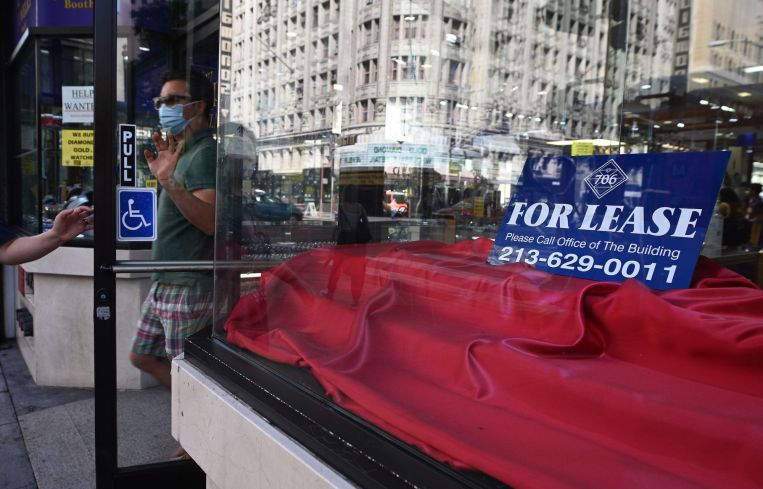How COVID Changed the Real Estate Contract
New provisions in case of a pandemic-level crisis, and changes to force majeure clauses are likely here to stay
By Greg Cornfield May 28, 2021 11:00 am
reprints
No one saw the coronavirus pandemic coming. That’s why real estate leases and contracts never incorporated provisions to handle such a crisis.
But now that’s changed.
Even as California continues to ease restrictions on business operations and increases its country-leading vaccine rollout, the pandemic changed the way real estate transactions will be crafted moving forward, according to experts at Greenberg Glusker Fields Claman & Machtinger. The Los Angeles-based law firm said leases and sale contracts now include new provisions — most notably, regarding force majeure clauses — that are likely to become standard for at least the foreseeable future.
Further, retail tenants are looking to establish protections, and have started requiring rental abatement in leases should governmental orders result in their inability to operate at full capacity, or at all.
“Prior to 2020, I can’t recall a single definition of force majeure which included pandemics,” Brian Kang, chair of Greenberg Glusker’s real estate group, said in a statement. “Now, nearly every force majeure clause includes it. Furthermore, due to the heightened sense of the unexpected, I see a growing trend to broaden the definition of force majeure as much as possible. Especially by attorneys who represent tenants and borrowers.”
Kevin Sher, a partner at Greenberg Glusker, said the trend started with large, multi-location restaurants and quick-service tenants, and now it has become a frequent request, even with small retail tenants like yoga studios and gyms.
“Going forward, tenant abatement rights, which were written specifically with COVID-19 in mind, will apply to use and occupancy limitations from any governmental order in order to hedge against future shutdowns,” Sher said.
Another new standard provision to come out of the pandemic is one surrounding events that may delay a transaction’s closing, according to another partner at the firm, Steve Lurie. That provides that the closing date or other key performance dates are extended until two business days following the resolution of the blocking event.
“Missing a closing date can have significant financial ramifications,” Lurie said. “Unforeseen developments that cause a delay in delivering packages to the escrow holder, buyer, seller, lender or legal counsel, or result in the closure of the escrow holder’s or title company’s offices, that impact a closing date or other key performance date are now sometimes addressed in purchase and sale agreements. This so-called ‘blocking event’ provision is also sometimes applied to conditions that prevent a lender from wiring funds.”



